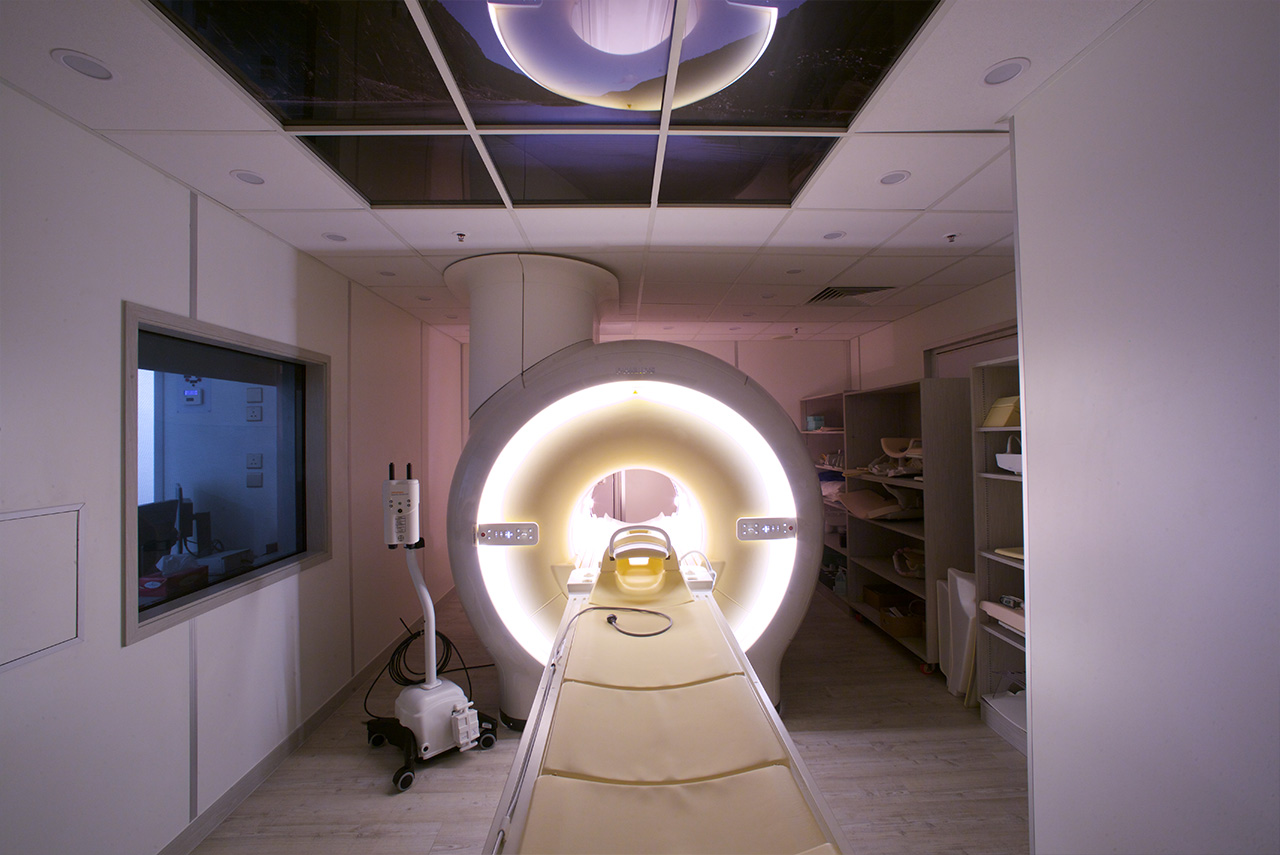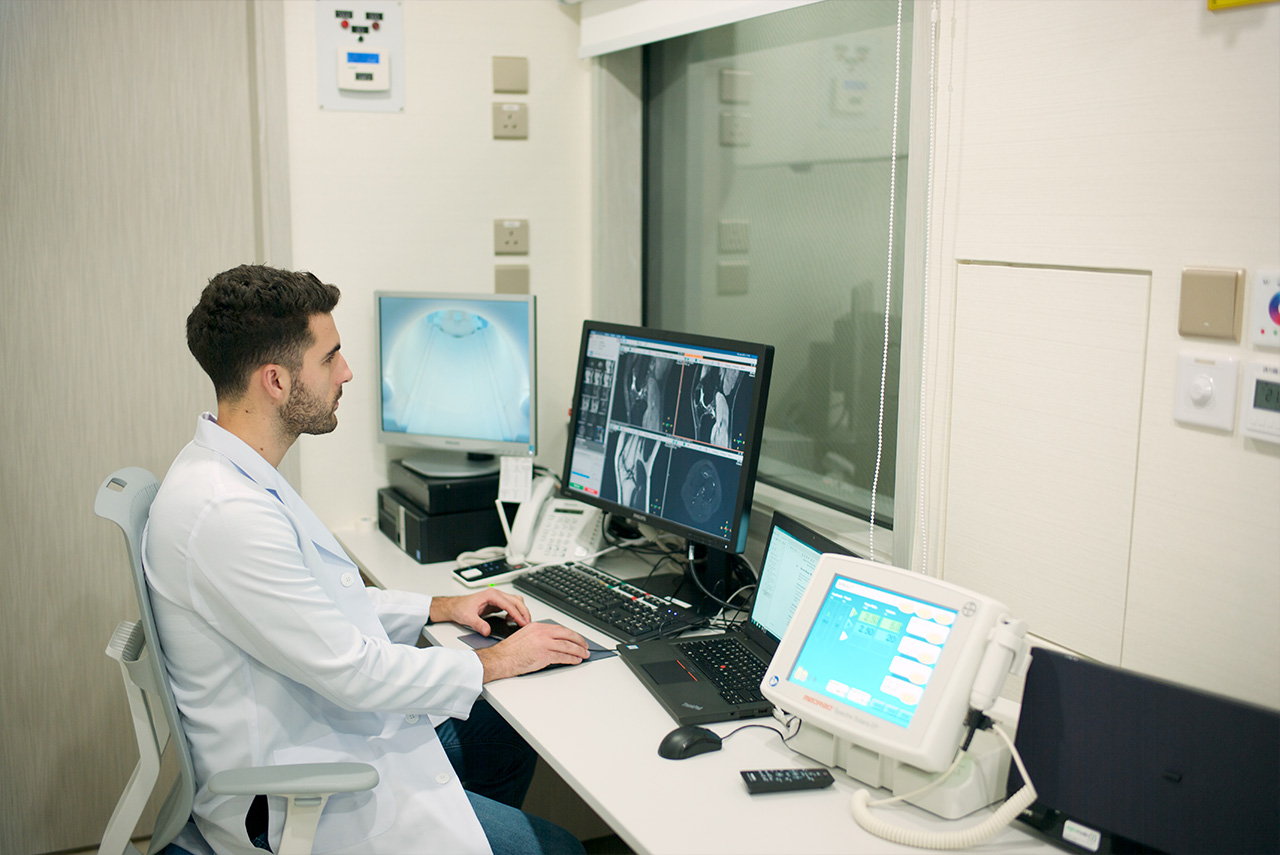Over the past two years, it is likely that you have found yourself needing to take a covid-19 PCR test at some point or another. And, it is likely that you may need to take another one at some point in the future. After all, we are not out of the woods yet and we need to do everything that we can to prevent the spread of the virus. However, you may be wondering how something as simple as a swab of your throat and nose is able to determine whether you do or do not have the coronavirus. In this guide, we will tell you everything that you need to know about Covid-19 PCR tests and how they work so that you can get a better understanding.
A reliable and accurate test for diagnosing Covid-19
The nose swab and throat swab PCR test for Covid-19 is a reliable and accurate test for diagnosing whether or not an individual that has the coronavirus. If you receive a positive result, it means that it is very likely that you have Covid-19. If you have a negative test result, it means that you most likely did not have Covid-19 at the time that you took the test. If you have been exposed to someone who has tested positive for Covid-19 or you have symptoms of the virus, then it is important to get tested.
So, what is a PCR test?
PCR stands for a polymerase chain reaction. It is a test that is used to determine genetic material from a certain organism, such as a virus. The test will detect whether there is any presence of a virus if you have had the virus at the time you were taking the test. The test may also determine fragments of the virus even if you are not infected anymore.
A Covid-19 PCR test is a molecule attest that will assess your upper respiratory specimen, searching for the genetic material of SARS-CoV2. This is the virus that causes Covid-19. Scientists will utilise PCR technology to amplify a little amount of RNA from specimens into the DNA. This will be replicated until SARS-CoV-2 is detected if it is present. The PCR test has been considered the gold standard test for diagnosing coronavirus since it was authorised for use back at the start of 2020. It is reliable and accurate, and it is the best way of determining whether or not you have Covid-19.
Do you need to take a PCR test?
You may be wondering whether or not you need to get a Covid-19 PCR test. You should get a PCR test if you come into contact with anyone else who has tested positive for Covid-19. You should also get a Covid-19 PCR test if you notice any of the common symptoms that are associated with this virus. the symptoms that we are referring to include diarrhoea vomiting, nausea, runny nose, congestion, a sore throat, new loss of smell or taste, headaches, body or muscle aches, fatigue, difficulty breathing or shortness of breath, cough, or fever.
It is important to note that not everyone with Covid-19 will develop symptoms. Therefore, if you do not have any symptoms, do not be surprised if you still end up with a positive Covid-19 PCR test.
Taking a PCR test
In terms of the test itself, there are three key steps that are involved when it comes to doing a PCR test.
- The first is the sample collection. the healthcare provider will use a swab to collect respiratory material that is found in your nose. The swab has a soft tip and the stick is long and flexible. It will go into your nose and the sample will be collected immediately from your nostril. Some PCR tests will involve a sample being taken from your throat first and then from your nose.
- The second part of the process is what is known as extraction. This is when the scientist in the laboratory will receive your sample and they will extract the genetic material from the rest of the material that is on the sample.
- The final part of the test is the PCR step. This will use special enzymes in chemicals and a machine called a thermal cycler. Every cooling and heating cycle will amplify the amount of the target genetic material in the test tube. Once amplification is sufficient, the PCR machine will be able to detect whether or not Covid-19 is present.




